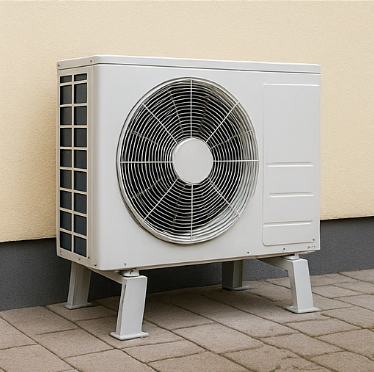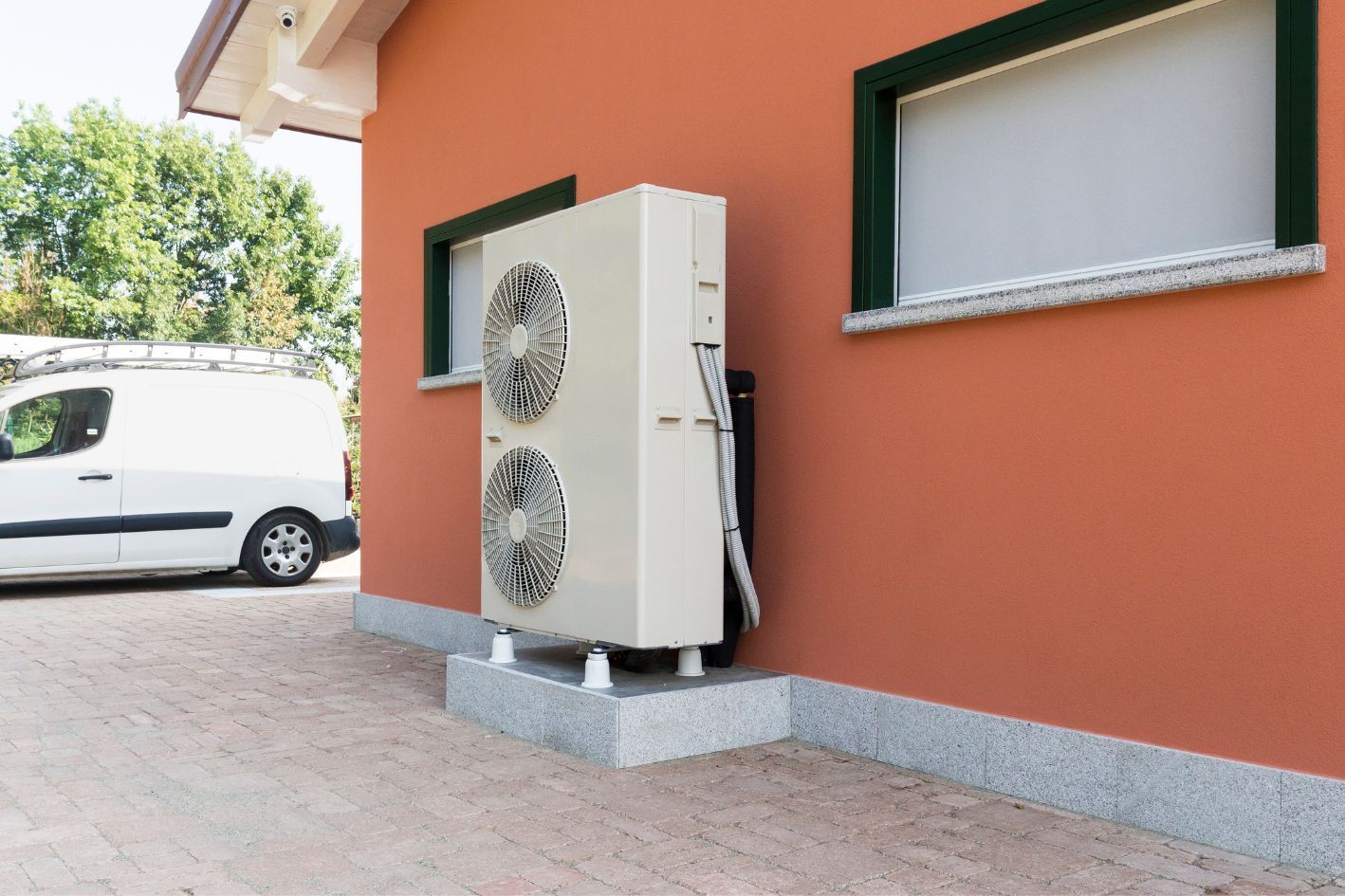Sustainable Comfort: Air Source Heat Pumps for Off-Grid Homes
Air source heat pumps have become increasingly popular as an energy-efficient home heating and cooling solution. However, like any mechanical system, external factors can significantly impact their performance. One often overlooked aspect is the accumulation of dust and debris. Let's explore how these seemingly minor elements can affect your heat pump's efficiency and what you can do about it.
The Hidden Threat of Dust and Debris
Your air source heat pump works by extracting heat from the outside air and transferring it indoors. This process relies on the free flow of air through the system. When dust, leaves, pollen, and other debris build up on your heat pump's exterior unit, they can obstruct this airflow. This obstruction forces your system to work harder to maintain the desired temperature, decreasing efficiency and increasing energy consumption.
Impact on System Components
The accumulation of
dust and debris doesn't just affect airflow. It can also directly impact the vital components of your
heat pump. The condenser coils, responsible for heat exchange, can become coated with dust, reducing their ability to transfer heat effectively. Similarly, debris can clog filters and fans, putting additional strain on the system's motor and potentially leading to premature wear and tear.
Energy Efficiency and Cost Implications
When your
air source heat pump has to work harder due to dust and debris buildup, it consumes more energy. This increased energy consumption translates directly into higher utility bills. Moreover, the added strain on the system can shorten its lifespan, potentially leading to costly repairs or premature replacement.
The Importance of Regular Maintenance
Regular cleaning and maintenance are crucial to ensuring your
heat pump operates at peak efficiency. While some basic cleaning can be done by homeowners, such as removing visible debris and ensuring the area around the unit is clear, it's recommended to consult with a professional for thorough maintenance.
When to Call a Professional
Professional technicians have the expertise and tools to thoroughly clean your
air source heat pump without damaging its delicate components. They can also identify and address potential issues before they become significant problems. It's advisable to schedule professional maintenance at least once a year, preferably before the peak heating or cooling season.
In conclusion, dust and debris shouldn't be underestimated in their impact on your
air source heat pump's performance. By understanding this relationship and taking proactive steps to keep your system clean, you can ensure optimal efficiency, reduce energy costs, and extend the life of your heat pump. When in doubt, don't hesitate to contact a qualified professional to keep your system running smoothly.












